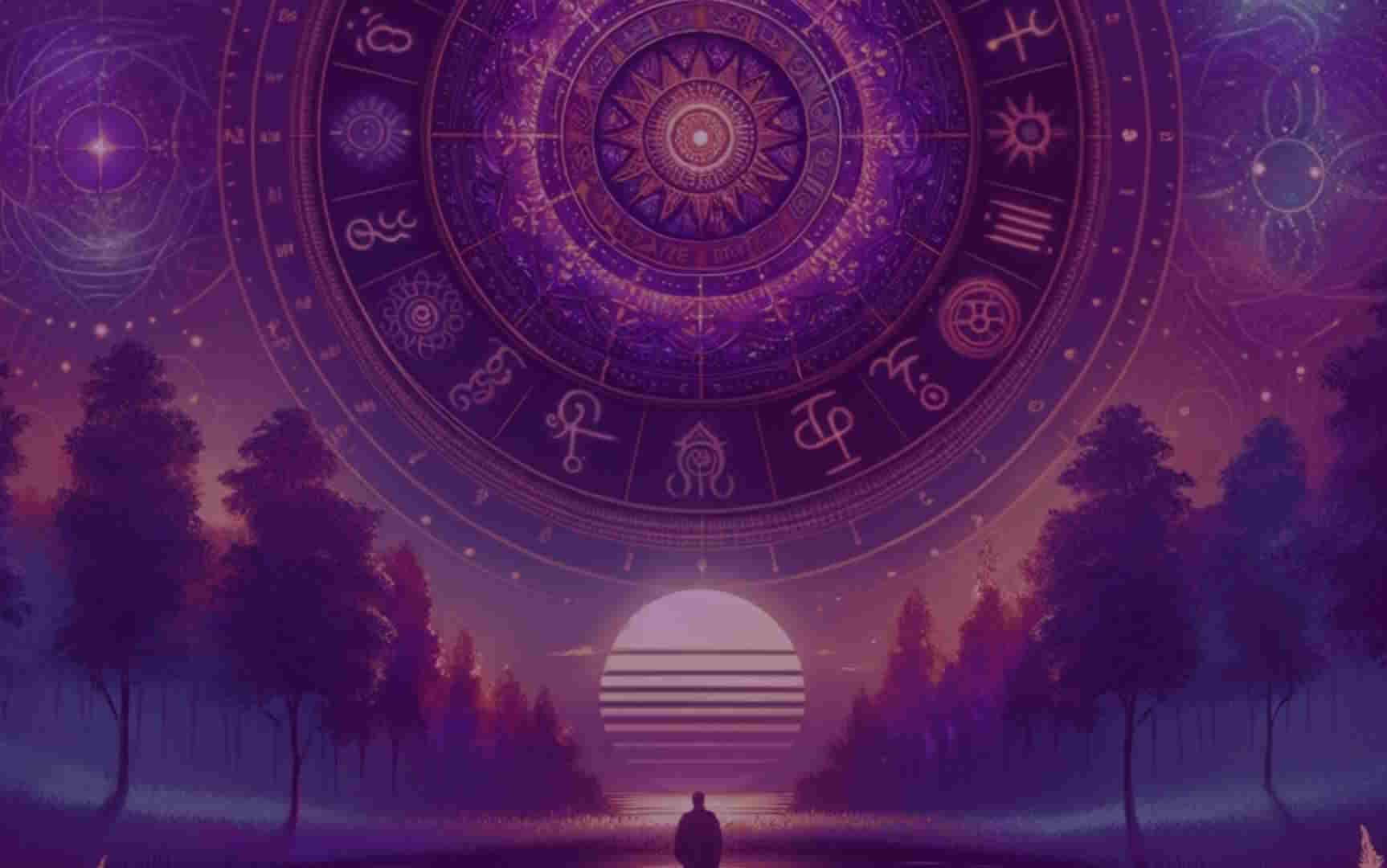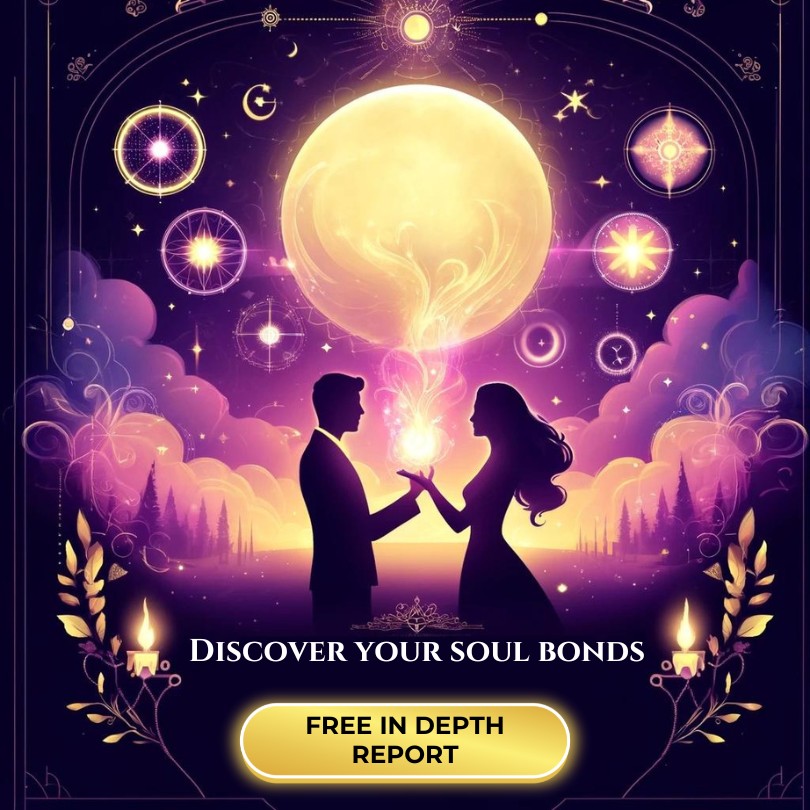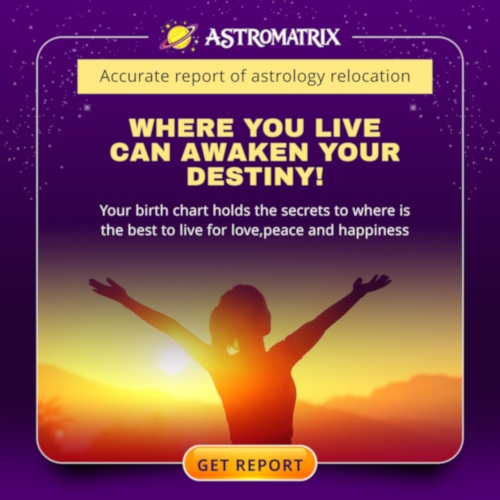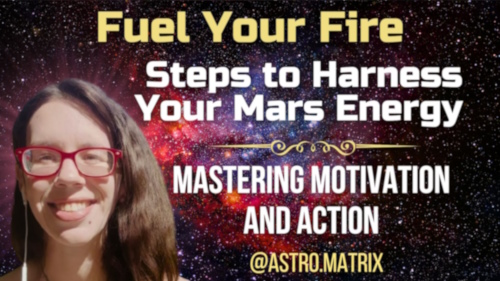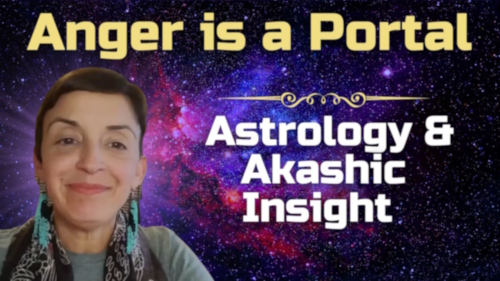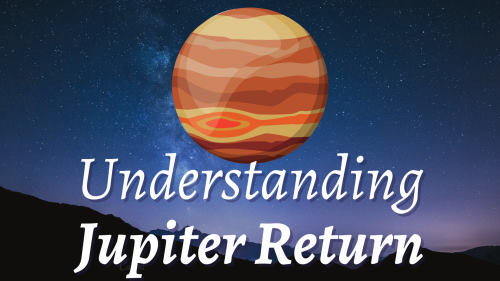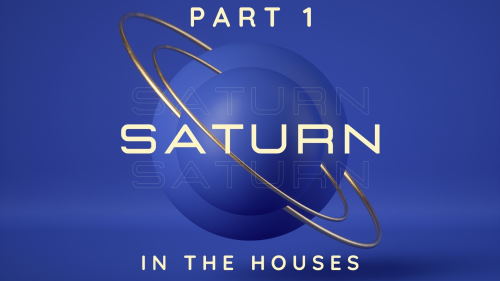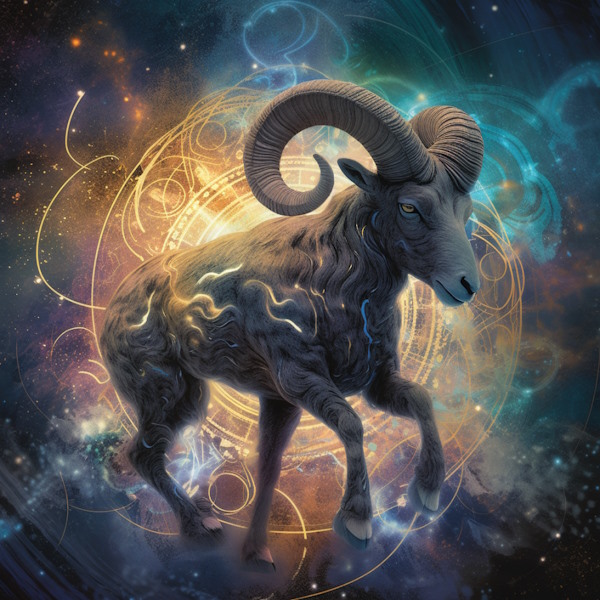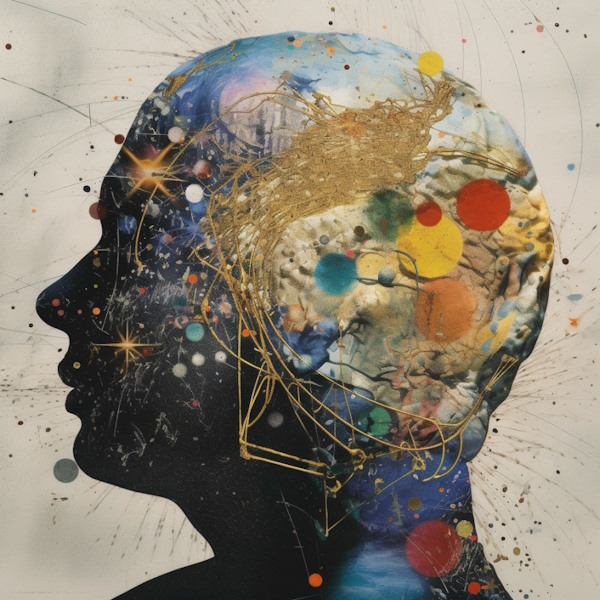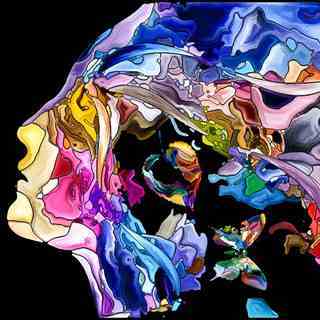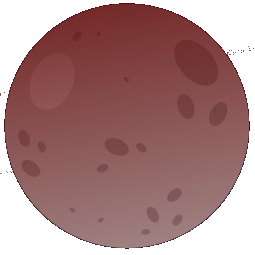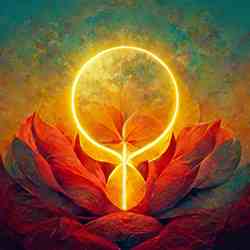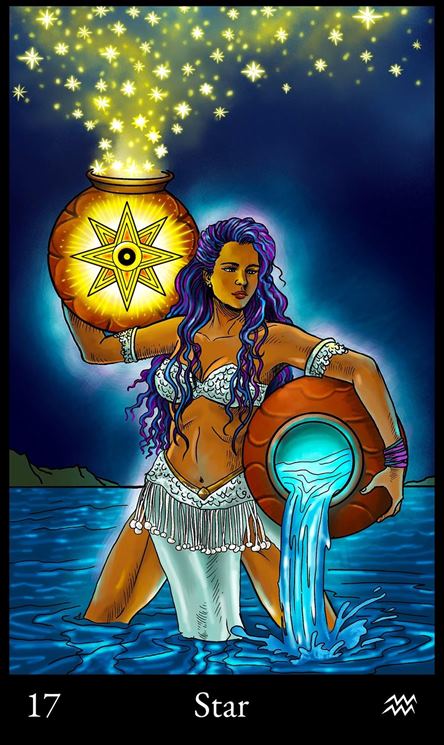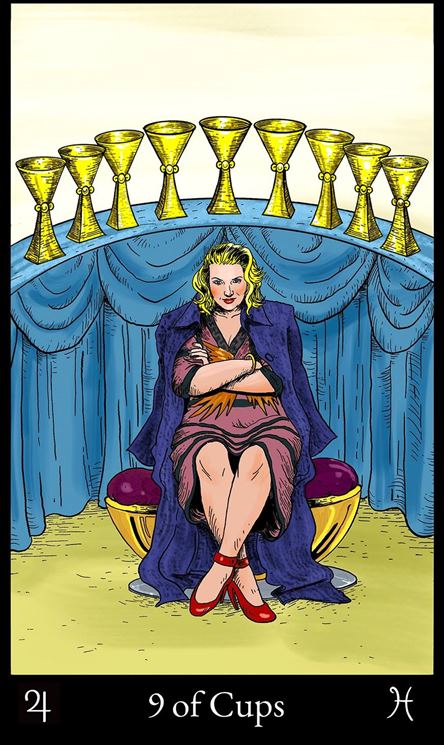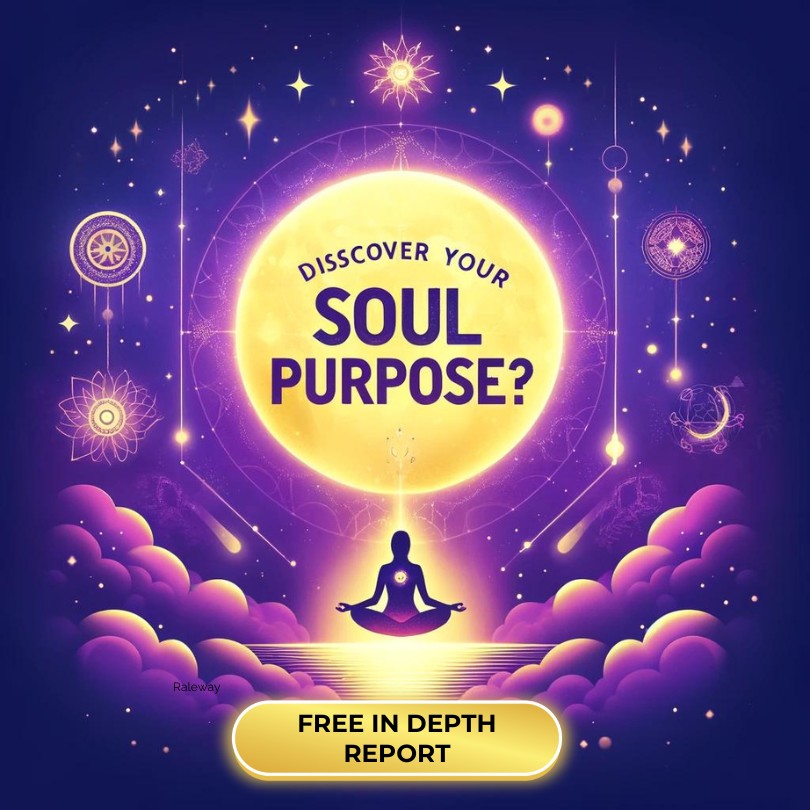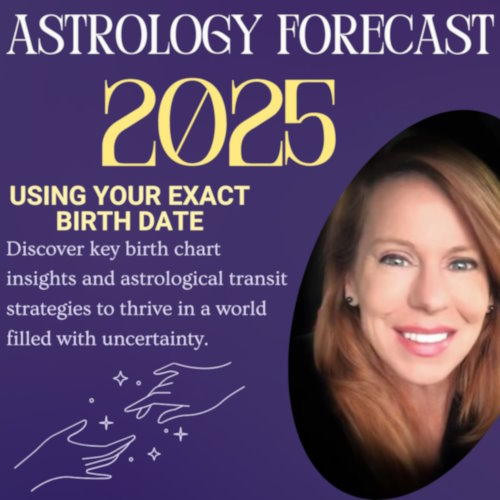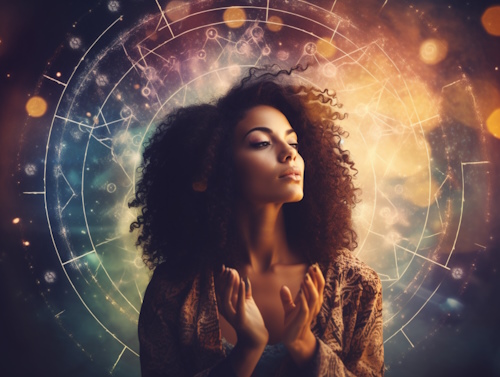Juno Inconjunct Chiron ~ Planet Aspects

"I am committed to healing my past wounds and building healthy, harmonious relationships based on trust, vulnerability, and authentic connections."
- Reflecting on past wounds
- Developing self-awareness in relationships
Juno Inconjunct Chiron Opportunities
- Reflecting on past relationship wounds
- Developing self-awareness in relationships
Juno Inconjunct Chiron Goals
Juno Aspects
Juno: The Covenant of Partnership
In the natal chart, Juno, named after the Roman goddess of marriage and commitment, signifies the nature of one's ideal partnership and the qualities one values in long-term commitments. It delves deeper than just romantic inclinations, revealing insights into how an individual perceives loyalty, what they expect in terms of fairness within a union, and their innate approach to contracts, be they marital or otherwise. Juno's position by sign can indicate the kind of partner one is drawn to or the style of partnership that resonates most deeply. For instance, Juno in Leo might seek a dramatic, passionate, and loyalty-driven relationship, while Juno in Gemini might prioritize intellectual rapport and communication.
Juno's Sacred Vows
Beyond sign placement, the house Juno occupies shows the arena of life where one seeks deep commitment and where themes of contractual bonds might play out. For instance, Juno in the 10th house might indicate a person whose commitment is closely tied to their career or public life, perhaps suggesting business partnerships or a marriage that holds significant public importance. Aspects to Juno, whether harmonious or challenging, reveal nuances in how one navigates long-term commitments. A square to Venus might suggest tensions in balancing personal desires with partnership obligations, while a trine to Mercury could point to a harmonious communicative bond with a partner. Juno's intricate dance in the natal chart sheds light on the sacred vows one is inclined to make and the nature of the unions one seeks.
Juno Inconjunct Chiron Meaning
With Juno inconjunct Chiron in your birth chart, you may find yourself wrestling with the delicate balance between your commitment to relationships and your own personal healing journey. This aspect suggests that there may be a disconnect between the way you understand your own wounds and your ability to relate to others in a committed partnership. It is important to reflect on how your past wounds and insecurities may be impacting your ability to form healthy and harmonious relationships.
Consider the ways in which your experiences with emotional pain have shaped your approach to love and commitment. Are you carrying unresolved issues from past relationships that are preventing you from fully connecting with your partner? Alternatively, are you overly reliant on your relationships to heal your own wounds, expecting your partner to fulfill your emotional needs?
This aspect calls for a conscious effort to bring healing and wholeness into your relationships. One way to achieve this is by developing a deep understanding of your own emotional vulnerabilities and learning to communicate them honestly with your partner. By acknowledging and addressing your own wounds, you can create a foundation of trust and understanding in your relationships, allowing for mutual healing and growth.
Remember, while this aspect may present challenges, it also holds the potential for profound healing and transformation. By bringing awareness to the ways in which your past wounds influence your relationship dynamics, you can cultivate a deeper sense of self-awareness and develop healthier patterns of relating. Embrace the opportunity to grow through vulnerable and authentic connections, and allow yourself to be open to the transformative power of love.
Juno Inconjunct Chiron Keywords
For more information on your birth or transit aspects to discover your true potential, check out our captivating, interactive, and completely free love report. Learn how your empathetic nature shapes your interactions and enriches your relationships.
Our intuitive, user-friendly layout guides you through each aspect of your spiritual vision, making it effortless to pinpoint areas where you might need guidance in decision-making. By using your precise birth details, we ensure unmatched accuracy, delving deeper with the inclusion of nodes and select asteroids. Experience insights and revelations far beyond what typical reports and horoscopes offer.


